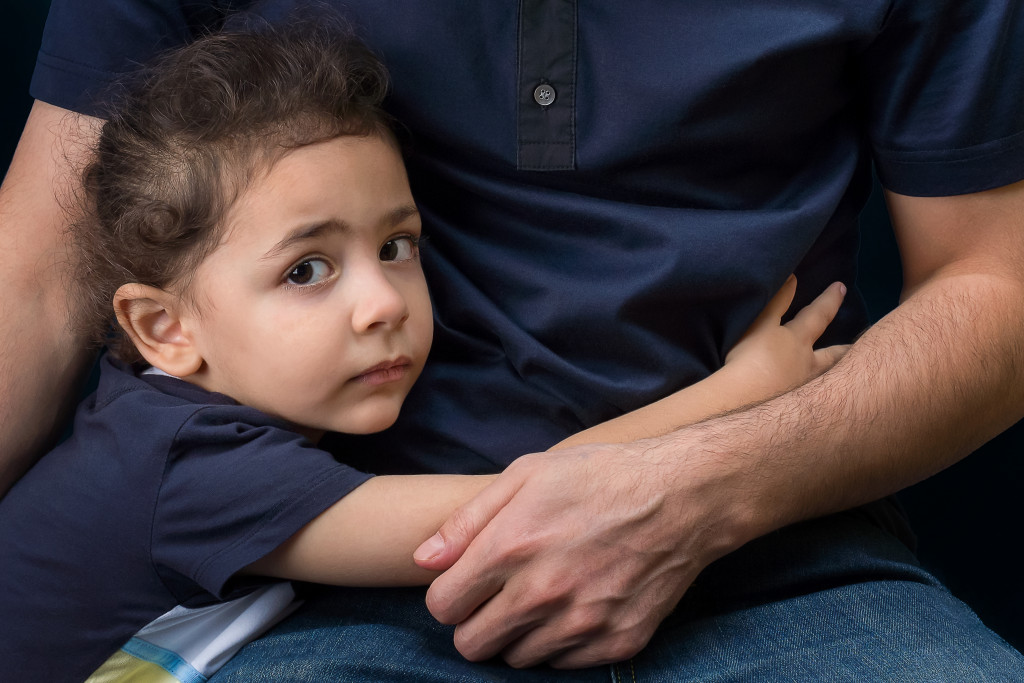If you’re going through a divorce, you’re likely feeling a range of emotions: sadness, anger, relief, fear, and guilt, to name a few. And while it’s natural to want to protect your child from the pain of the divorce, it’s important to remember that they are going through the same process as you are. They still need your love and support during this difficult time.
Here are a few tips for ensuring your child comes out of the divorce feeling loved and supported.
1. Talk to your child about what’s happening.
It’s essential to be honest with your child about what’s happening and why. They might not understand all the details, but they deserve to know that their family is changing and they are not responsible for the divorce. Be sure to emphasize that both parents still love them and will continue to be involved in their lives.
Try to avoid saying negative things about your ex in front of your child. Even if you’re feeling angry and hurt, speaking negatively about the other parent can damage your child’s relationship with both of you. Always try to communicate with your ex respectfully, even if it’s difficult. This will set a good example for your child.

2. Spend more time with them.
During a divorce, it’s easy to get wrapped up in your own pain and grief. But it’s important to make time for your child. Let them know that you’re available to talk and answer any questions they might have. Tell them they can always come to you with anything they’re feeling. If they seem withdrawn or angry, try to engage them in activities they enjoy.
But if custody arrangements limit your time together, there are other ways to stay involved in their lives. You can send them letters, cards, or small gifts. You can also call or text them regularly. If you want more time with your child, talk to your ex and see if you can come to a custody arrangement that works better for both of you. Work with an experienced child custody lawyer to ensure your rights are protected.
3. Encourage your child to express their feelings.
Your child might feel like they need to bottle up their emotions to protect you from being hurt. But they must express how they’re feeling to begin to process the divorce and move on. Encourage them to talk to you or another trusted adult about what they’re going through. Don’t be afraid to share your own feelings with them, too. This will help them feel like they’re not alone in this tough situation.
If your child asks about something they cannot change, such as why you’re getting divorced or whether they will have to move, be honest with them. But try to avoid going into too much detail. They don’t need to know all the specifics of what led to the divorce until they are of a mature age. Try to focus on the positive aspects of the situation, such as the fact that they will still have two parents who love them.
4. Reassure them that they are not responsible for the divorce.
Children often blame themselves for their parent’s divorce, even though it is not their fault. It’s important to reassure them that the divorce is not their fault and that nothing they did or said caused it. If they say they want to fix the situation, explain that it’s not possible and that they should not feel guilty or responsible.
It can be helpful if you explain what divorce is and why it’s happening. For example, you might say that mom and dad have disagreements that they cannot resolve, so they have decided to live separately.
5. Seek professional help if needed.
If you or your child is struggling to cope with the divorce, don’t hesitate to seek professional help from a counselor or therapist who specializes in helping families through this type of transition. They can provide support and guidance when you need it most. You can also look for a support group for children of divorce in your area. These groups can provide a safe space for your child to share their feelings and meet other kids going through the same thing.
Divorce is never easy, but following these tips can help make it a little easier on your child. Remember that they are going through the same process as you are and need your love and support now more than ever before. If you’re struggling to cope with the divorce yourself, don’t hesitate to seek professional help. You and your child can get through this difficult time with time and patience.




